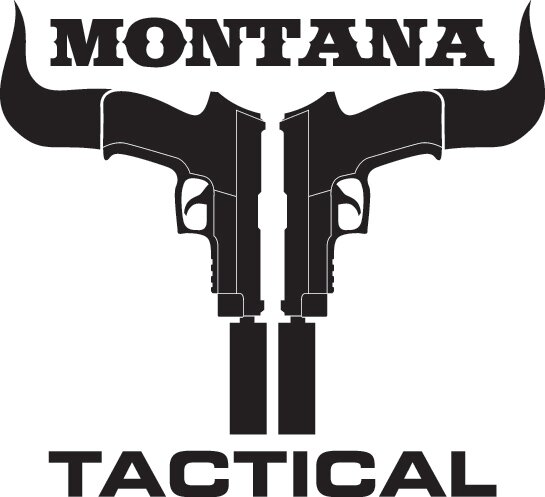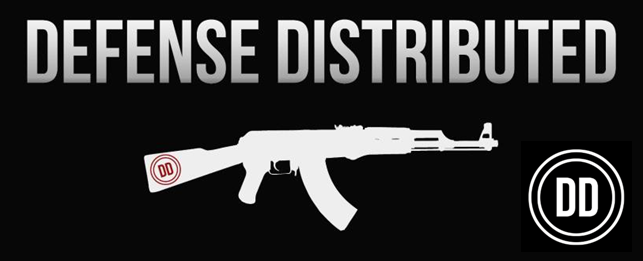If you sell firearms, ammunition or firearms related accessories, you may have heard that you should seek out a 2nd amendment friendly credit card processor. But is that advice just self serving marketing by firearms focused merchant services providers, or is there actual substance underlying these recommendations? Let’s find out.
In this article we’ll look at three real life situations which exemplify why FFLs need gun friendly payment processors, as opposed to more mainstream credit card processors.
1. Quickbooks Intuit drops Montana Tactical Without Opportunity to Discuss

Montana Tactical, is a veteran owned FFL based in Bozeman, Montana which sells retail and online firearms, ammunition and accessories throughout the US. The company was using Intuit Quickbooks for their credit card processing. In February 2017, however, Montana Tactical’s owner, Aaron received what appears to be a form email from Intuit, Quickbooks parent company, saying his company was being immediately dropped by the credit card processor because it was determined that they violated Intuit’s terms of use, specifically, because Montana Tactical sold firearms online.
Unfortunately, Montana Tactical was dropped with no notice, and repeated emails and calls by the business owner to obtain clarification as to why they were dropped or what they could do in the interim to accept customer payments went unanswered.
From Intuit.com:
“We may terminate your Merchant Agreement without prior notice to you if you fall into one of the following categories and/or accept payment for the following prohibited activities provided below…. MOTO firearms and weapons sales;”
Final Verdict:
This appears to be another example of a legitimate FFL, who applied for merchant services and was completely transparent about what his business activities were was initially approved. Then, suddenly, and without notice or recourse, well after he’d started accepting customer credit card payments, he was dropped when Intuit conducted an underwriting audit of his company. Unfortunately, by this time, Montana Tactical already had sales underway, and had to scramble and apologize to customers for all of the hassles they went through in order to deal with the sudden termination of his merchant account.
2. Square Suddenly Drops FFL After 3 Years for “Violating Terms”
Valdez Marine and Outdoors, located in Valdez Alaska had used Square for their store’s credit card processing for the previous two to three years. In early 2017, however, Larry Reynolds, the company’s owner, was informed out of the blue that Square would no longer provide credit card processing for the business because they sell retail firearms, which of course the company had consistently done previously as well.
A look at Square’s fine print does indicate that they do not accept firearms businesses for credit card processing…
From SquareUp.com:
“Prohibited Goods and Services include … Sales of (i) firearms, firearm parts or hardware, and ammunition; or (ii) weapons…”
However, the bigger issue is that the business was initially accepted, processed credit cards for years successfully, and then was dropped without notice, leaving the business owner in the lurch and having to scramble to keep accepting payments.
Final Verdict:
Once again this appears to be a case of a credit card processor that accepted a business’ application for credit card processing. Then proceeded to process payments for that business without issue for multiple years. Only to suddenly, and without warning, drop the business’s merchant account due to an apparent fine print violation which had existed throughout the life of the account.
3. PayPal & Stripe Lock Defense Distributed Out of Their Account

Defense Distributed, the Texas based manufacturers of Ghost Gunner, a 3D Printer for Firearms, and seller of 3D printing blueprints, doesn’t sell firearms directly. Instead, the company sells 3D printers and blueprints that can be used to 3D print firearms. Even that tangential relationship to firearms sales was enough to put the company into the firearms industry in the eyes of Stripe and PayPal, their credit card processors, who locked the company out of their merchant account with apparently no advanced notice. That left the company’s merchant accounts frozen, their owner Cody Wilson scrambling, and customers unable to purchase products, or the company able to accept payment to fulfill orders.
Final Verdict:
This situation is a clear example of why even reading a credit card processor’s fine print seems to offer no significant protection to FFLs, ammo or firearms accessories vendors. That’s because in this instance, the company wasn’t directly selling firearms, but rather digital blueprints. But because the credit card processor wasn’t 2nd amendment friendly, that is, didn’t have a vested stake in working with and supporting firearms dealers, they erred on the side of terminating the merchant and locking them out of their merchant account with no notice.
Conclusion
Firearms, ammunition and firearms accessories vendors operate in one of the most highly regulated industries in the US. Despite that, because of political and legal pressures, credit card processors that are not committed to supporting the industry often treat these businesses as though they’re operating outside the law.
Perhaps most destructively, however, companies like PayPal, Square, Stripe, and Wells Fargo seemingly choose to enforce their fine print policies against firearms merchants without consistency or notice to the business owner. As a consequence, we recommend that firearms merchants seek out a second amendment friendly credit card processor with whom to do business.
